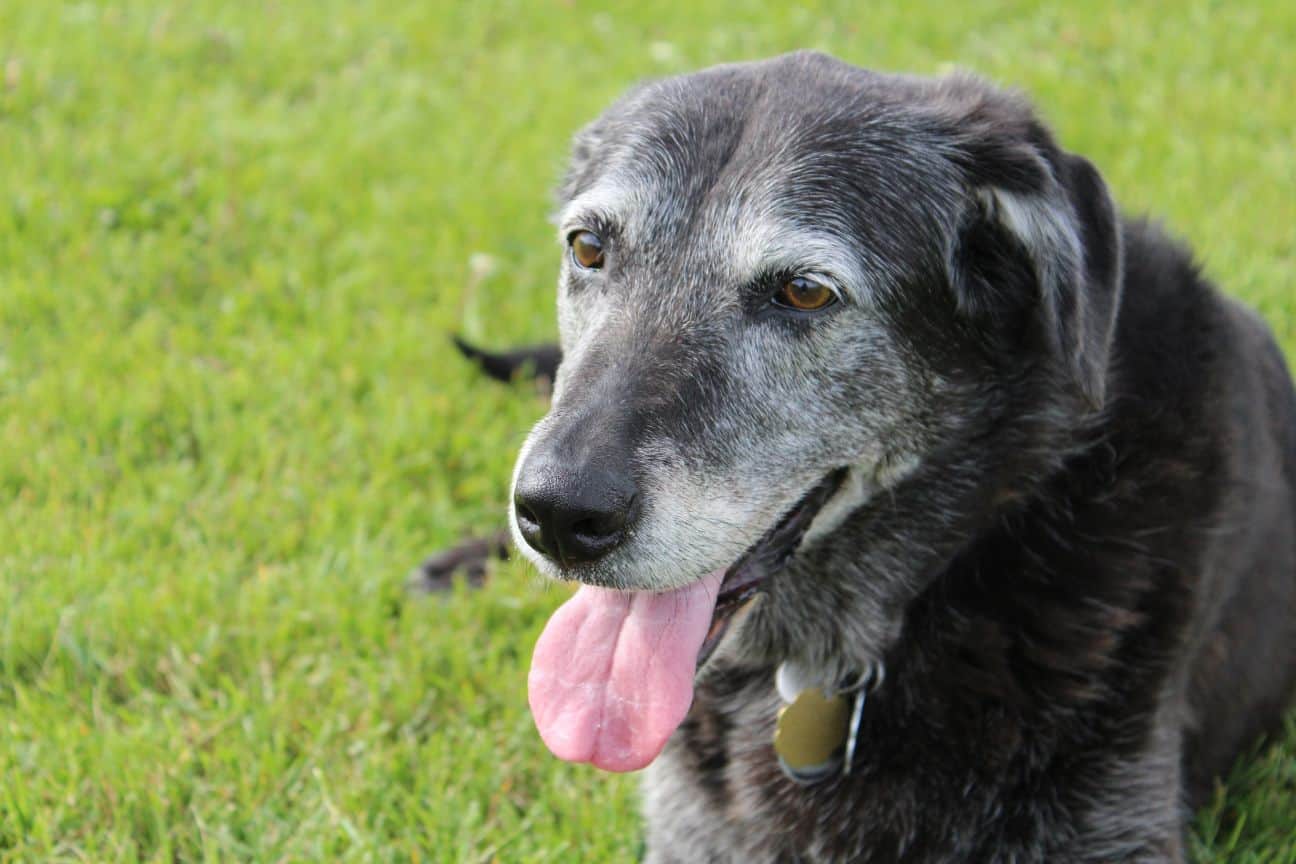
Is there anything better than the companionship of an older dog? Sure, puppies are absolutely charming and adult dogs keep life interesting. But if you’ve lived with your dog since they were very young, you might agree that their golden years are incredibly meaningful. Sharing an entire life with a dog is nothing short of inspiring, and with our tips for senior dog care, you can keep them fit, comfortable, and happy for a long time to come.
All in the Timing
The point at which dogs enter their senior years can vary. Based on their breed, lifestyle, and overall health, a senior dog is approximately 7 years old (give or take). Large breeds age faster than smaller breeds, and we assess an individual pet’s overall health history as a marker for nuanced changes to senior dog care. This could mean that accommodations for their health and comfort begin around age 5 or closer to 10 years old.
They Still Act Like a Puppy
Despite the fact that many aging dogs still behave like they did when they were young, they could be dealing with one or more age-related conditions. Osteoarthritis, dental disease, and even depression are common among senior dogs. Luckily, there are ways to offset these normal consequences of aging and support long-term senior dog care.
At the Beginning
Senior dogs should be seen and evaluated twice a year. This increase allows for the early detection of age-related illness which, in turn, positively influences treatment. The opportunity to see and treat various health problems ensures that your dog is pain-free, comfortable, and healthy as can be as they age.
Blood work and other diagnostics are integral to senior dog care and help us determine an effective health plan. If your dog is dealing with pain of any kind or needs supportive measures to remain happy and comfortable, we can help you with prescriptions or lifestyle changes.
Nutrition Matters
Canine nutrition is age-specific. Specially-formulated food for senior dogs helps them get the vitamins and minerals necessary for graceful aging. Since many dogs are overweight or obese, a prescription weight-loss diet can help relieve pressure on bones and joints.
Importance of Movement
It may seem counterintuitive for an arthritic, aching dog to get up and move around, but the more senior dogs get out and about, the better off they are. Not only does daily exercise improve their strength and mobility, but adds incredible value to their mental well-being as well.
Dental Care
Periodontal disease can cause a great deal of pain to older dogs. Part of their wellness exam will focus on the appearance and quality of the teeth and gums. Annual professional dental cleanings are highly recommended to keep periodontal disease at bay. We can take X-rays while they’re under anesthesia to get a full understanding of what’s happening beneath the gums, remove any teeth if necessary, and polish their chompers. No more doggie breath!
Changes at Home
The installation of ramps, baby gates, non-slip surfaces, and self-warming bedding all go a long way to supporting senior dog care. If they have vision challenges, try to remove all obstacles. If you need suggestions on keeping your older dog safe at home, please let us know.
Senior Dog Care
Our staff at Oroville Animal Health Center is always happy to provide senior dog care to our community’s aging pups. Please call us at (530) 533-7513 with any questions or concerns. Click here to schedule an appointment.
